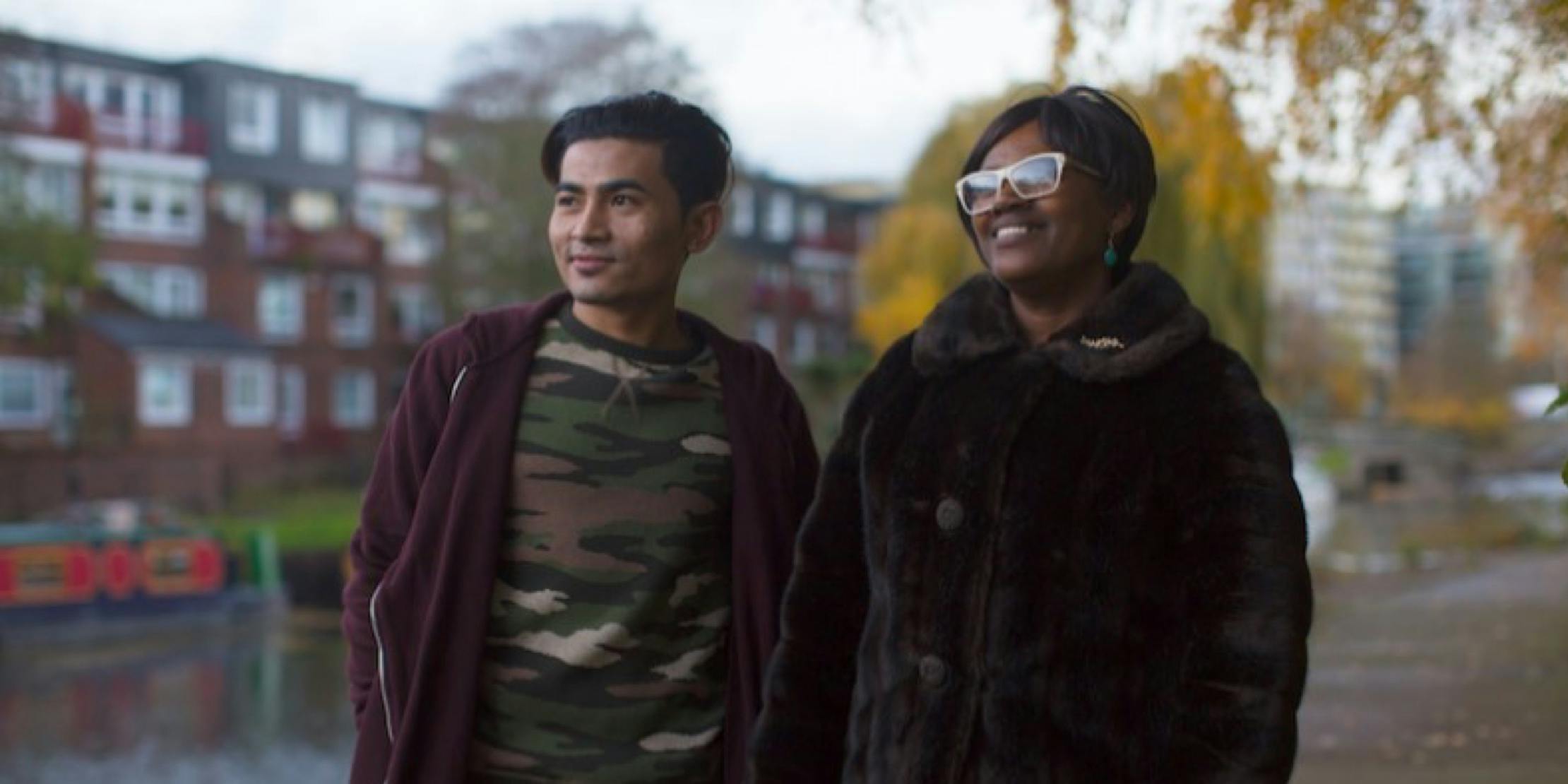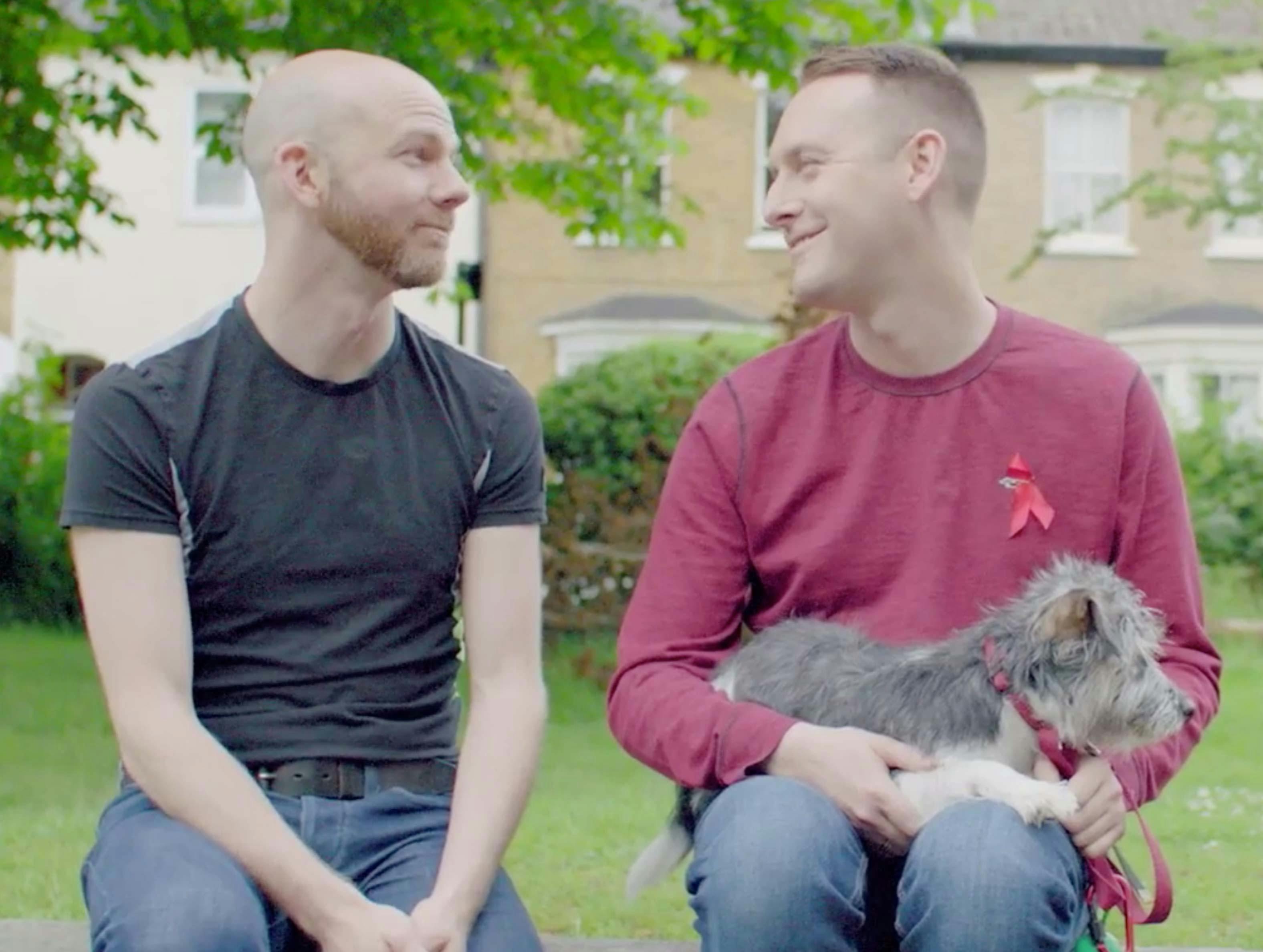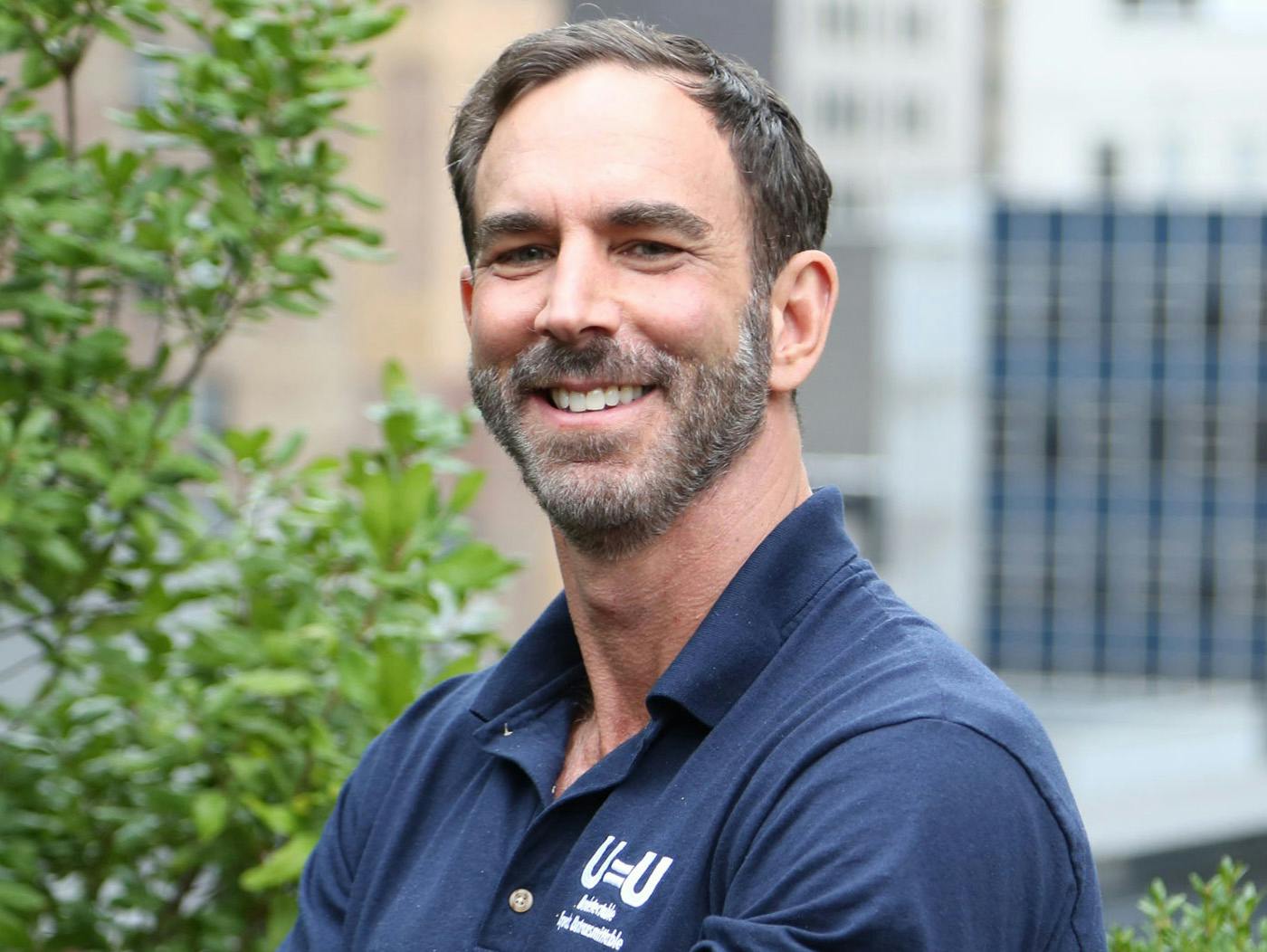BREAKING DOWN THE RED DOORS OF HIV STIGMA

Since the start of the HIV epidemic 40 years ago, we’ve lost more than 32 million people to AIDS-related illness. Each year during World AIDS Day on December 1, we remember those we’ve lost, continue to increase HIV awareness and knowledge, renew our support for those currently living with HIV, and recognise the ground-breaking work that continues within the community to end the epidemic once and for all.
We’ve made incredible advances in how we prevent and treat HIV compared to when this epidemic began. Most people are now able to live long lives through successful treatments. Treatments can reduce virus levels to undetectable, which prevents transmission of HIV to others. And importantly, new prevention options help protect individuals from acquiring HIV. Despite these significant improvements, HIV-related stigma is still widespread. Until we’re able to end the stigma associated with HIV, our best efforts to end the HIV epidemic will be impaired.
My first experience with HIV stigma came at the very beginning of my career when I spent a summer supporting the Detroit AIDS Project while working to increase the number of healthcare providers who were educated in treating and diagnosing HIV. During this time, I encountered a particular hospital that removed people being treated for AIDS-related illnesses from the general patient population and separated them into an isolated wing hidden behind a red door. No other doors at that hospital shared this distinct colour and no other patients experienced the same isolation from the general population. While the red door might have been unique to that hospital, the concept of setting people living with HIV apart from society and labelling them was not.
"Society has often let stigma dictate how we relate to those living with HIV, which not only can cause those individuals so much hurt and pain, but it can easily risk their lives. Whenever society closes the door on this community, we lose the opportunity to fully love and appreciate those who are being left behind. Every time we let stigma win; we close another red door on those living with HIV."
But this doesn’t have to be the case. We have the power to dismantle these red doors by acknowledging the persistence of the discrimination that the HIV community faces and by building communities that embrace them with the love and care they deserve.
What can we do to start reducing HIV stigma now? The truth is that the process of changing hearts, minds, and ideologies takes time, and while I strongly agree with Martin Luther King, Jr. that the arc of the moral universe bends towards justice, that arc is still too long. In the meantime, there are smaller conversations we can start to have that will make a meaningful impact on the lives of people living with HIV.
"By normalising the conversation about HIV, we have the power to reduce the stigma that surrounds this community. When we discuss HIV as we would any other topic, it becomes a regular part of daily conversation. By refocusing how we’re having these conversations, we can change the narrative around HIV and see it as a normal part of life that people may experience."
This week, I was part of one of those conversations. I had the pleasure of talking to Darnell Moore, writer, activist, and host of ViiV Healthcare's Being Seen podcast. We and his other guests had an open discussion about HIV stigma, our experiences with it, and how we can begin to overcome it. You can listen to this special World AIDS Day episode here: https://www.beingseenpodcast.com/episode-10-stigma.
Science and research have provided us with the options to treat and prevent HIV. However, it is on us as individuals, communities, and as a society-at-large to speak up, start the hard conversations, and be part of the solution that removes the stigma around HIV.
What conversations will you have today?
Follow Kimberly on her LinkedIn page here.
YOU MAY ALSO BE INTERESTED IN:
The Global Positive Perspectives Wave 2 Study is one of the largest, global, HIV patient-reported outcomes studies to date, involving 2,389 people living with HIV (PLHIV) aged 18-84 across 25 countries.
Hear from Garry Brough, who draws on insights from the Positive Perspectives 2 study, on the complex relationship of ageing with HIV, the importance of optimising ones treatment options and the value of focusing on the needs of the individual.
It is now established that if you’re on treatment and have an undetectable viral load, you cannot pass on HIV through sex. Undetectable = Untransmittable, or U=U. This simple equation has profound implications for everyone living with HIV, and for economies and governments around the world.
NP-GBL-HVX-COCO-240048 September 2024
If you get any side effects, talk to your doctor, pharmacist, or nurse. This includes any possible side effects not listed in the package leaflet. You can also report side effects directly via the GSK Reporting Tool link https://gsk.public.reportum.com/. By reporting side effects, you can help provide more information on the safety of this medicine.
If you are from outside the UK, you can report adverse events to GSK/ ViiV by selecting your region and market, here.


